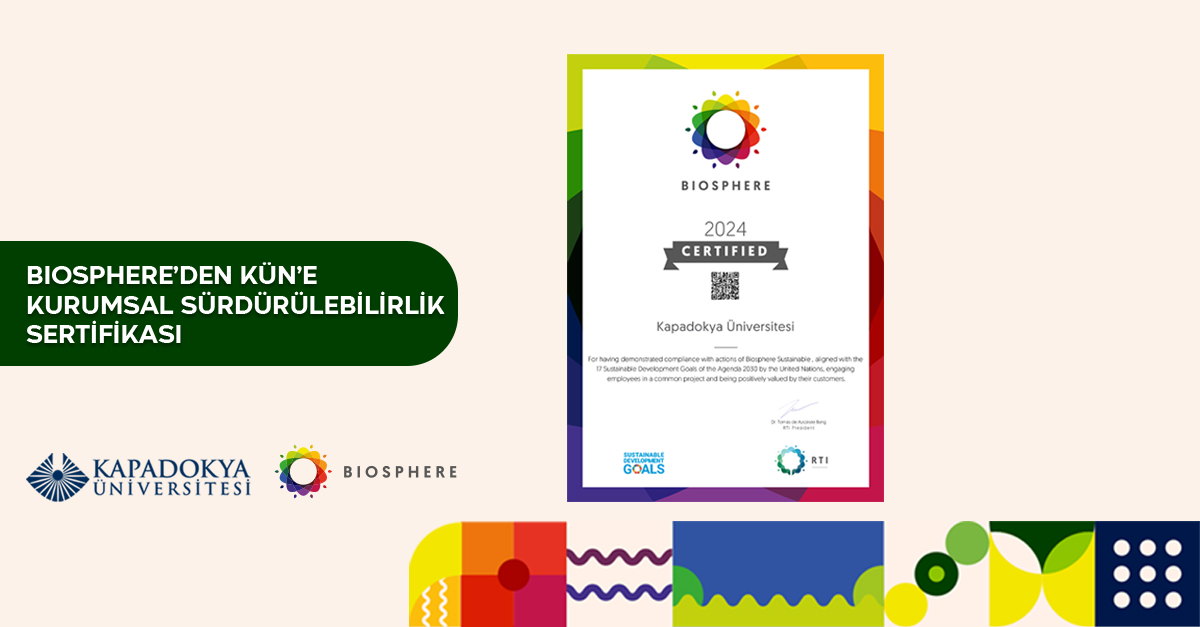Electronic waste, or e-waste for short, is a type of waste consisting of electronic devices that have become unusable or have reached the end of their useful life. Phones, computers, tablets, televisions, refrigerators, and other electronic devices are classified as e-waste at the end of their life. E-waste creates a waste problem and seriously threatens the environment and human health due to the heavy metals (such as lead, mercury, and cadmium) and harmful chemicals it contains. Failure to dispose of these devices properly or throwing them directly into the trash damages ecosystems and threatens human health due to these substances leaking into the soil and groundwater.
Recycling e-waste provides significant advantages both environmentally and economically. Precious metals (such as gold, silver, and copper) found in electronic waste can be recovered and used to produce new electronic devices. This protects natural resources and reduces the energy needed to create new products. For example, approximately 300 grams of gold, 140 grams of platinum, and 100 kilograms of copper can be obtained from a ton of recycled mobile phones. This allows valuable metals to be obtained with less energy without needing large amounts of mining and processing.
E-waste management requires responsibility not only for individuals and society but also for manufacturing companies. Instead of throwing their old electronic devices directly into the trash, individuals should take them to local recycling centers or benefit from e-waste collection services offered by municipalities. In addition, companies should establish e-waste collection and recycling programs and provide the necessary infrastructure to properly dispose of their products when they complete their life cycle.
As awareness of e-waste increases, efforts are being made to reduce waste that harms the environment and increase recycling rates. Every individual and institution must contribute to e-waste management in this direction for a more sustainable world.
Click for detailed information.
Click to Watch Our International E-Waste Day Video.

















